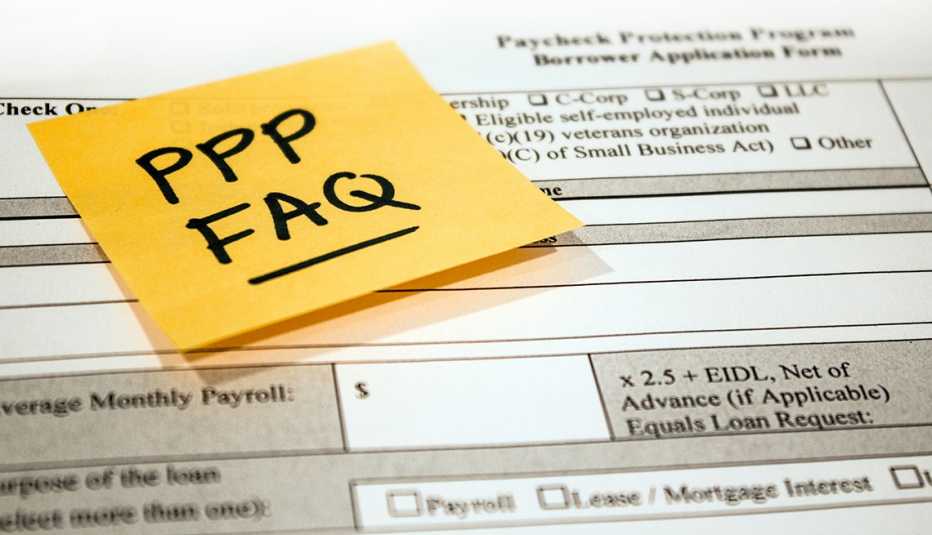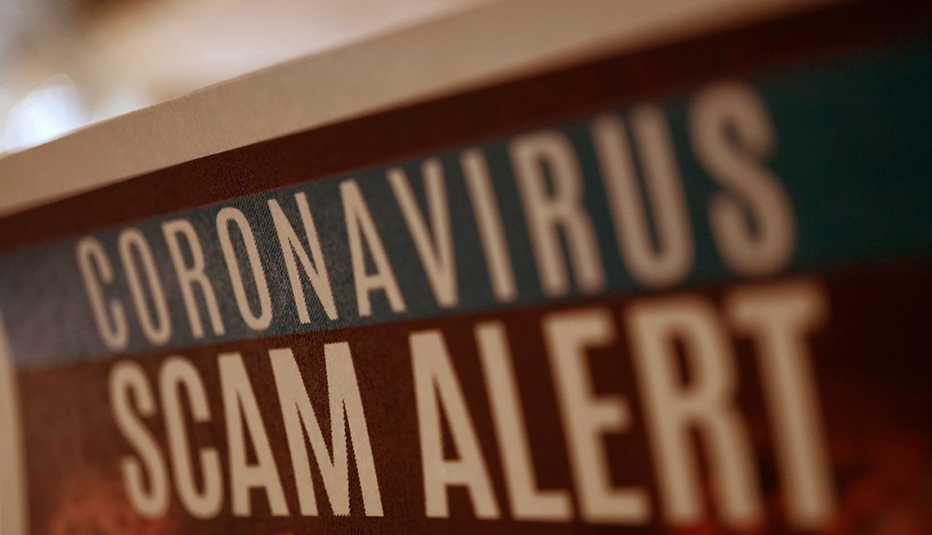AARP Hearing Center
With Congress moving last week to extend the Paycheck Protection Program (PPP), small businesses now have until Aug. 8 to apply for a slice of the $130 billion in federal loans still available for enterprises struggling with economic fallout from the coronavirus pandemic.
And fraudsters have another month to try to steal money, personal information or both from business owners seeking help from the high-profile program.
Since the PPP was enacted in late March as part of the CARES Act, the Federal Trade Commission (FTC) and state attorneys general have warned businesses to be on the lookout for con artists offering bogus help in obtaining loans, one of many strains of coronavirus scams.
"Often, government-assistance programs like the PPP provide an obvious and easy target” for scammers, who impersonate lenders or government officials in emails, robocalls and phony websites to attract victims, Arkansas Attorney General Leslie Rutledge's office said in a May alert.
Congress allocated about $659 billion in two tranches to the PPP, which provides forgivable, low-interest loans to help small businesses and nonprofit organizations stay afloat and continue paying employees through the coronavirus slowdown.
Although nearly 4.9 million loans have been approved, the program still had roughly a fifth of the money left when it was set to expire on June 30, prompting the extension.
Watch for impostors
PPP crooks typically reach out to business owners pretending to be from the Small Business Administration (SBA), the federal agency overseeing the program, or from financial institutions administering the loans. They might also claim to represent third-party agencies that promise to facilitate or fast-track a loan for your firm.
The tell is a request for upfront payment, or for private information like a Social Security or bank account number, to apply for, process or expedite a PPP loan, according to the FTC.
The SBA does not charge for information (you can learn about its coronavirus programs for free online) or to apply for loans, and it will not contact you out of the blue and ask for business or financial information. Anyone who does so is likely looking to glean data to use for identity theft, or to file for PPP funds in your name.
































































